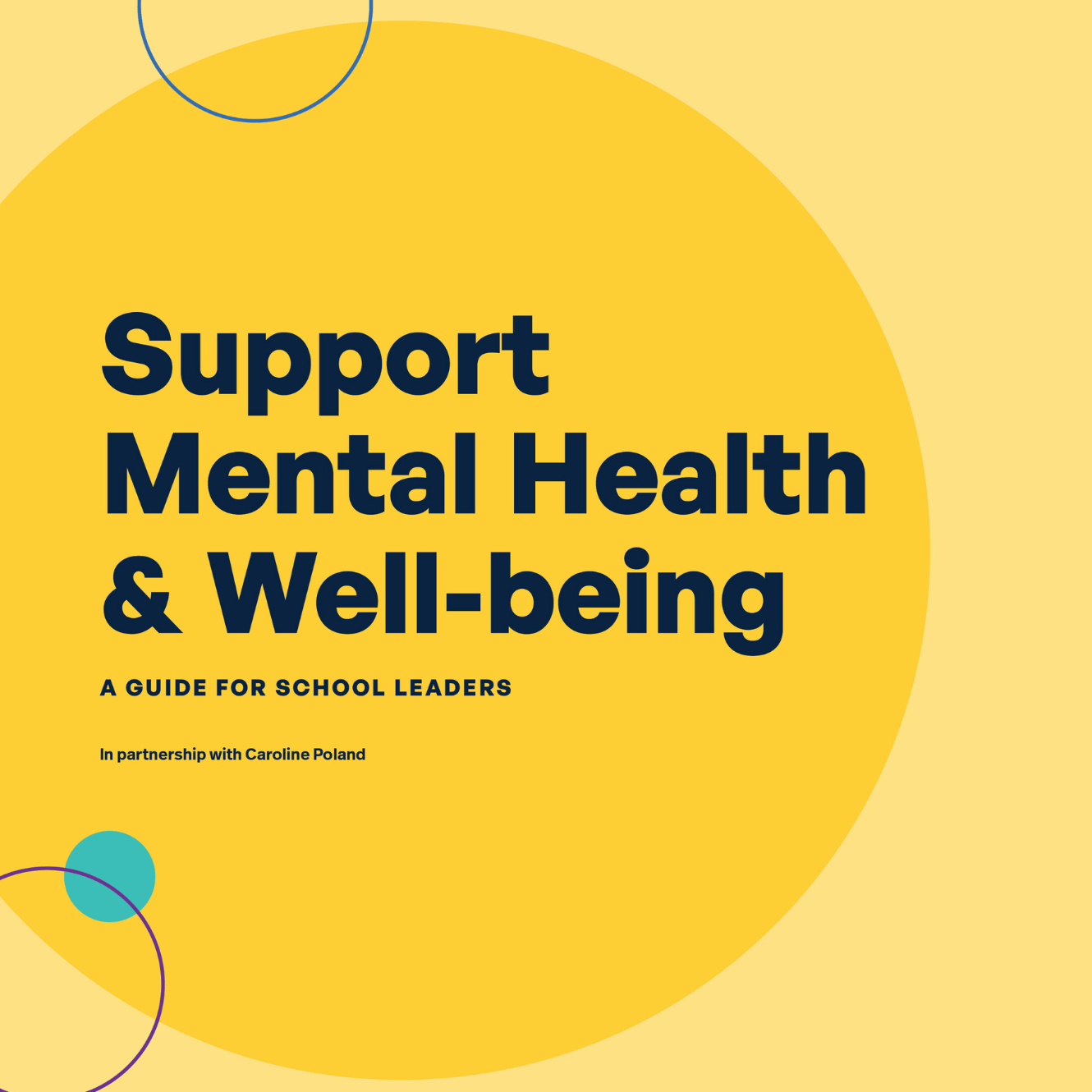Burnout in education isn’t simply about feeling stressed or overwhelmed—it’s a chronic condition that occurs when educators perceive that workplace demands consistently outweigh their available resources. This distinction is crucial: burnout is primarily a systemic issue, not an individual failing.
School leaders must recognize an essential truth: No one can self-care their way out of burnout. While personal wellness practices are valuable, they cannot solve problems rooted in workplace conditions. Creating meaningful change requires addressing the underlying organizational factors that contribute to educator exhaustion.
Particularly damaging are environments where inappropriate, harassing, or discriminatory behaviors persist. These toxic elements not only exacerbate burnout but undermine the educational mission itself.
Practical Strategies for Supporting Educator Mental Health

1. Master the Art of Supportive Listening
Effective communication begins with genuine listening. As Stephen Covey wisely noted, “The biggest communication problem is we do not listen to understand. We listen to reply.”
To truly support your educators through healthy, supportive listening, embrace the OARS approach:
- O – Ask open-ended questions that invite reflection and deeper conversation
- A – Use affirmations that acknowledge strengths and boost confidence
- R – Regularly summarize key points to ensure mutual understanding
- S – Show through reflection and action that you’ve truly heard their concerns
2. Cultivate Healthy Leadership Dynamics

The relationship between supervisors and educators profoundly impacts school culture. Transformative leadership includes:
- Setting crystal-clear expectations that eliminate ambiguity and reduce stress
- Empowering educators by delegating meaningful responsibilities and fostering professional autonomy
- Actively balancing demands and resources through regular check-ins about workload challenges
- Modeling respectful communication that acknowledges different perspectives (remember: respect doesn’t always mean agreement)
- Creating intentional celebration rituals that recognize both small wins and major achievements
The Five Pillars of Workplace Mental Health
The 2022 Surgeon General’s Report identified five essential elements for maintaining mental health in any workplace:
1. Protection from Harm
Educators must feel physically and psychologically safe. This includes protection from harassment, discrimination, and excessive stress.
2. Connection and Community
Schools thrive when they foster genuine belonging among staff members. Strong professional relationships create resilience during challenging times.
3. Work-Life Harmony
Educational leaders should actively promote boundaries that allow teachers to maintain fulfilling personal lives alongside their professional commitments.
4. Mattering at Work
Everyone needs to know their contributions are valued. Regular, specific recognition of educators’ impact reinforces their sense of purpose.
5. Opportunities for Growth
Professional development shouldn’t just be about acquiring skills—it should nurture a sense of progress and possibility that combats stagnation.
About the Author

Caroline M. Poland, MA, LMHC, LCAC, CCTP, CCFP, NCC is a licensed mental health counselor, certified clinical trauma professional, and the Founder and CEO of both Poland and Associates Consulting, LLC and Landmark Counseling, LLC (a private counseling practice in Indiana).
In her work, Ms. Poland brings insights from psychology, mental health, and science to the topics of women in the workplace, decision-making, compassion fatigue and burnout, trauma, and sexual assault, with the goal of establishing healthy trauma-informed organizations. Ms. Poland has worked with organizations around the world on issues of trauma informed care, healthy workplaces, impactful leadership, decision-making, and the unique experiences of women in the workplace, leading to optimal productivity, health, and flourishing.
Her website is polandandassociates.com, and you can contact her at caroline@polandandassociates.com .
Mental Health Links
- McKinsey & Company Report (2023): K–12 teachers are quitting. What would make them stay?
- Surgeon General Report on Workplace Mental Health & Well-being (2022)
- Professional Quality of Life Website
- Book: The Body Keeps the Score: Brain, Mind, and Body in the Healing of Trauma by Bessel Van der Kolk
- Poland and Associates Window of Tolerance Playlist
- American Psychological Association: Teacher Stress and Burnout
- National Alliance on Mental Illness: Workplace Mental Health
- Mental Health America: Workplace Resources
- CDC: Mental Health in the Workplace

